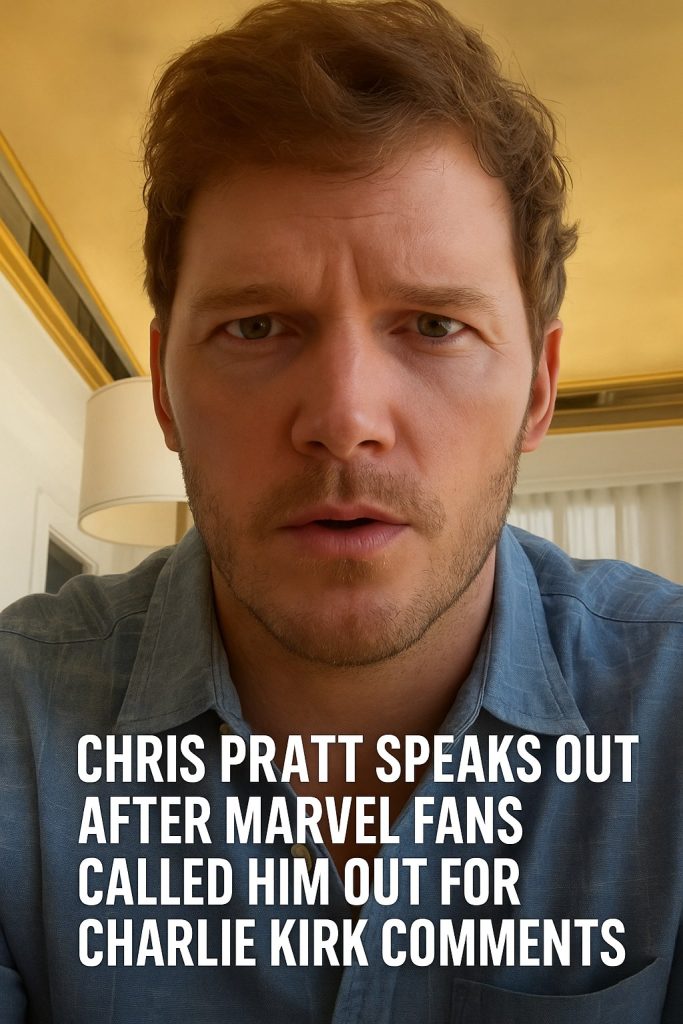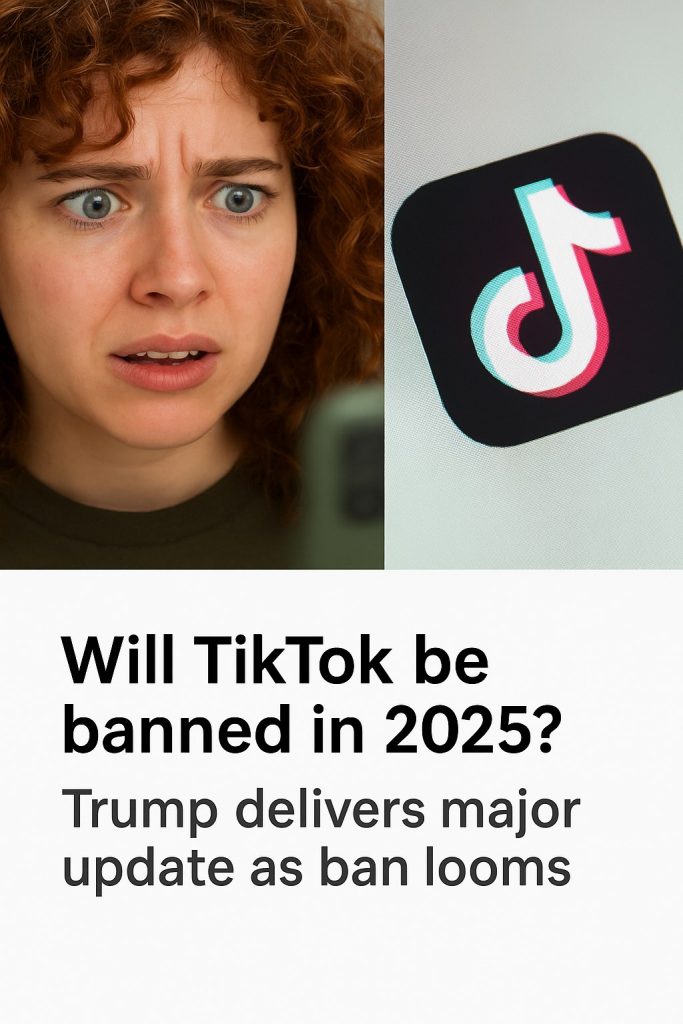In the realm of celebrity disagreements, few ignite as much heated debate as Marvel actor Chris Pratt‘s recent comments regarding conservative commentator Charlie Kirk. Following an appearance where Pratt expressed support for Kirk’s views, social media has erupted with both praise and criticism, leaving fans divided and eager for more context.
In a viral image shared on platforms such as Twitter and Instagram, Pratt, known for his role as Star-Lord in the Guardians of the Galaxy series, can be seen alongside a vulture, accompanied by the caption, “LAD BIBLE CHRIS PRATT SPEAKS OUT AFTER MARVEL FANS CALLED HIM OUT FOR CHARLIE KIRK COMMENTS.” The juxtaposition of the image and text encapsulates the mixed reception of Pratt’s comments, illustrating how fans reacted in a visceral, often polarized manner.
Pratt’s remarks come at a politically charged time, where celebrities like him face scrutiny for their public endorsements or criticisms of political figures. Charlie Kirk, the founder of Turning Point USA, has been a controversial figure in political discourse, often vocalizing right-wing ideologies. Pratt’s comments in support of Kirk were viewed by many as a blatant endorsement of some of Kirk’s more contentious positions, triggering backlash from a segment of his fanbase that supports social justice and progressive values.
“As a fan of Chris Pratt, I’m disappointed to see him aligning with someone like Charlie Kirk,” wrote one Twitter user. Others echoed similar sentiments, arguing that Pratt’s views do not reflect the inclusive values many associate with the Marvel franchise. However, a significant number of fans rallied to defend Pratt, stating that everyone is entitled to their opinions and advocating for more understanding and dialogue rather than blanket condemnation based on political beliefs.
This controversy has reignited debates around celebrity activism and the responsibilities public figures have regarding their influence. As fans dissect Pratt’s comments, the question remains: should actors and entertainers use their platforms to engage with political discourse, or should they steer clear to avoid alienating portions of their fanbase?
Amidst the turmoil, Pratt addressed the issue on social media, stating, “I support freedom of speech and the right to express one’s opinions. It’s important that we engage in conversations, even if we disagree.” This statement signifies Pratt’s attempt to navigate the complex waters of public opinion while staying true to his beliefs.
As the discussion unfolds, it is clear that Pratt’s supporters and detractors will continue to engage passionately. Whether this controversy will affect his standing within the Marvel community and beyond remains to be seen, but one thing is certain: in a world driven by social media dynamics, a single comment can quickly become a flashpoint for larger societal debates.


